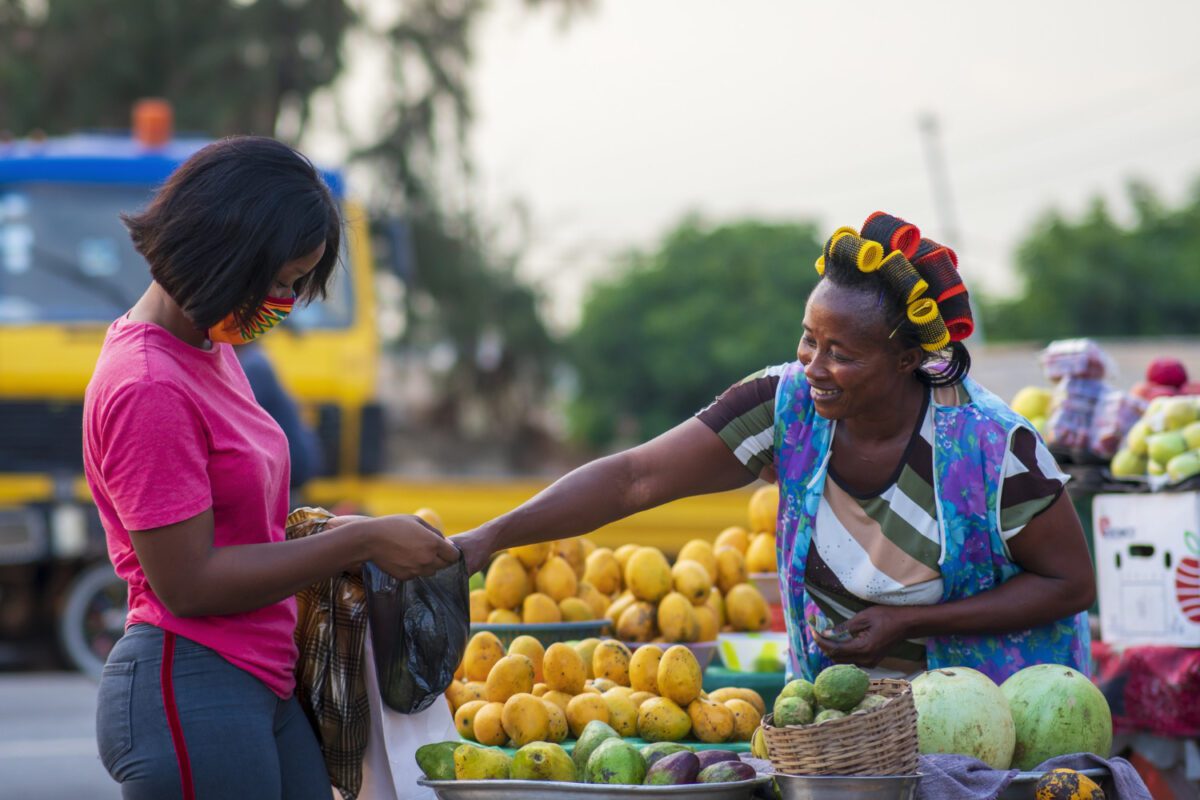Project Initiated to Enhance Fruit Market Accessibility in Eastern Africa

A groundbreaking initiative has been launched with the aim of expanding market opportunities for fruits in Eastern Africa, including pawpaw, mango, avocado, and citrus. This three-year project, specifically targeting Kenya, Uganda, and Burundi, seeks to address the challenges posed by invasive scale insect pests that have been wreaking havoc on these regions. The project, funded by the Standards and Trade Development Facility (STDF), is a collaborative effort involving esteemed partners such as CABI, KEPHIS, KALRO, the National Museums of Kenya, and the Fresh Produce Exporters Association of Kenya (FPEAK).
Scale insects, particularly adult females, have emerged as a formidable threat to these vital crops, causing alarming yield losses of up to 91%. These minuscule pests tend to hide beneath plant leaves, often evading detection or being mistaken for diseases. By inserting their needle-like mouthparts into the bark, fruit, or leaves, they wreak havoc and disrupt agricultural productivity.
The primary objective of this ambitious project is to strengthen the monitoring and mitigation capabilities of Kenya, Uganda, and Burundi in dealing with these destructive pests. By doing so, the project aims to facilitate intra-regional trade, unlock the full potential of the agricultural sector, enhance food security, and foster sustainable economic growth within the region.
Considering that agriculture provides substantial employment and contributes significantly to the regional GDP, addressing the issue of scale insects and their detrimental impact on key fruits becomes imperative.
To achieve its objectives, the project will prioritize training agricultural extension staff and plant protection officers in the identification of scale insects and educating smallholder farmers on effective management strategies. By mitigating the risks associated with these pests, the project aims to improve market access for Eastern African produce and foster collaboration among regional stakeholders.
The overarching goal of this project is to foster regional collaboration in managing scale insects through various measures, including sharing pest reports of invasive species, improving cross-border inspection regulations and practices, exchanging pest interception reports, providing training to the staff of national plant protection organizations (NPPO) in Burundi, Kenya, and Uganda for identifying and monitoring incursions, and incorporating biological control as an integral part of the solution to produce safer crops, reduce pesticide residues, and sustain trade.
Specifically, the project will target several species of scale insects across different countries. In Kenya, the avocado mealybug has been adversely affecting the trade of fresh avocados to China, while the papaya mealybug has been decimating entire pawpaw orchards, causing significant losses in internal trade. In Uganda and Rwanda, the mango mealybug poses a severe threat, potentially leading to crop failure and further spread eastwards. Across Eastern Africa, the papaya mealybug impacts the cultivation and yields of pawpaw, cassava, vegetables, and other crops, while the citriculus mealybug poses a significant challenge to citrus crops.
The export of fresh fruits significantly contributes to the economic growth of Eastern African countries. However, the presence of quarantine pests in exported produce has hindered the growth of this sector. Consequently, the project aims to enhance compliance with phytosanitary requirements for targeted horticultural products. This will be achieved through improved surveillance and management of scale insect pests, ultimately resulting in enhanced production and better market access for fresh fruits such as pawpaw, mango, avocado, and citrus.
To accomplish these goals, the project will undertake several key activities. Firstly, taxonomists, NPPO staff, and extension officers will undergo comprehensive training in the identification and management of invasive scale insects. The project aims to develop two training curricula and provide training to 15 inspectors and taxonomists per country, as well as 24 agriculture extension officers across the three countries.
Furthermore, the project will strengthen the capacity of NPPOs in identifying, surveilling, and monitoring invasive scale insects. This will involve the development and updating of surveillance and monitoring protocols, conducting surveys on the pest status, delimiting the spread of scale insects, and generating reports on their occurrence. The project will also establish and update checklists of scale insects for each country, create a comprehensive database of scale insects and associated organisms at the national, regional, and global levels, and facilitate the sharing of information on invasive scale insect pests at a regional level. Additionally, the Pest Information Management System (PIMS) will be enhanced and updated to ensure effective pest management.
Moreover, the project aims to enhance the capacity of farmers to manage invasive scale insects at the farm level. This will involve the development of awareness and training materials on managing scale insects, certification of nurseries for the production of clean planting materials, and the release of biocontrol agents specifically targeting the Papaya Mealybug in Kenya and Uganda. The project aims to develop awareness materials for at least 30 priority scale insects, produce management decision guides for 10 invasive scale insects, publish training curricula, and ensure that 10 nurseries meet the certification requirements.
To promote stakeholder engagement and the application of a systems approach for managing scale insect pests, the project will conduct a series of workshops. These workshops will sensitize and train stakeholders on the systems approach and biosecurity, foster stronger linkages between the public and private sectors, create broader awareness of the project’s findings and recommendations, and culminate in the publication of proceedings from a final seminar and various communication products.
The project’s comprehensive approach, which encompasses capacity building, surveillance, biocontrol, and stakeholder engagement, aims to combat the menace of scale insects and ensure the production of safer crops with reduced pesticide residues. By enhancing market access and compliance with phytosanitary requirements, Eastern Africa’s fresh fruit industry can flourish, contributing significantly to the region’s economic growth and food security. Through collaborative efforts and concerted actions, this initiative strives to create a sustainable and prosperous future for the agricultural sector in Eastern Africa.



